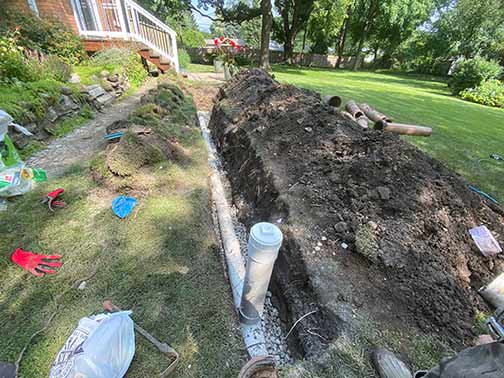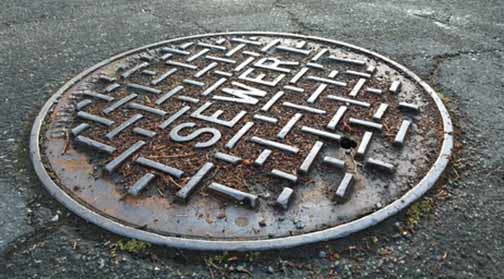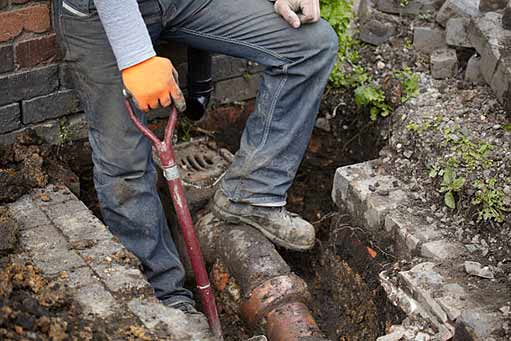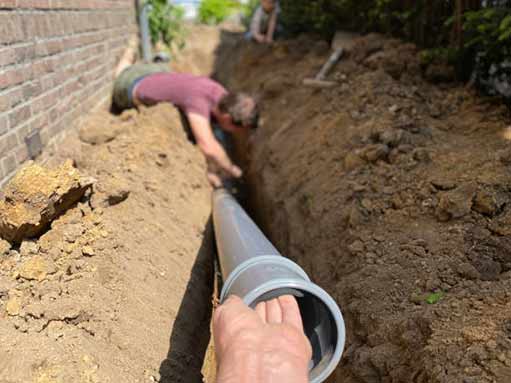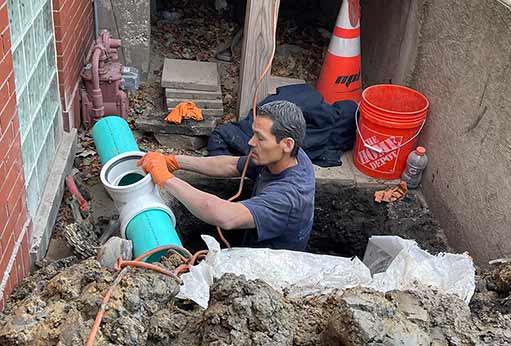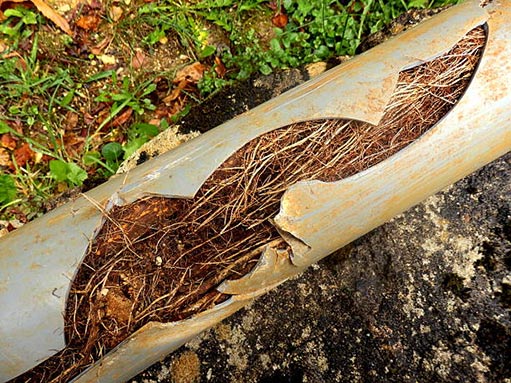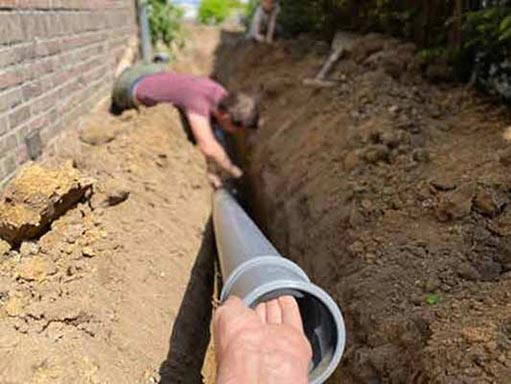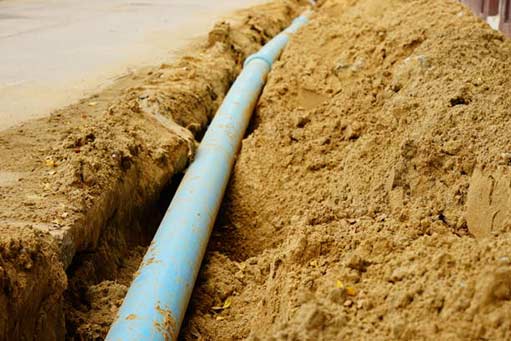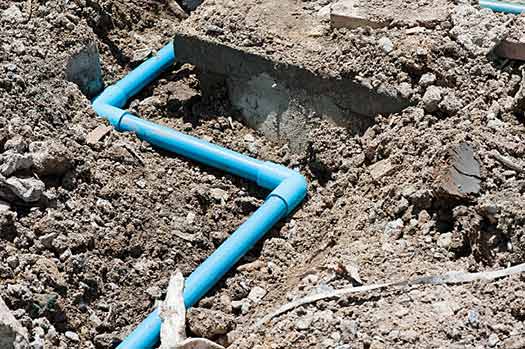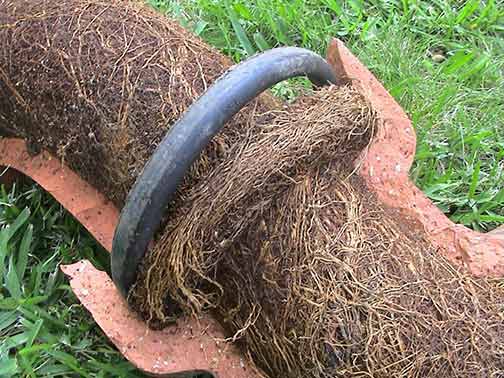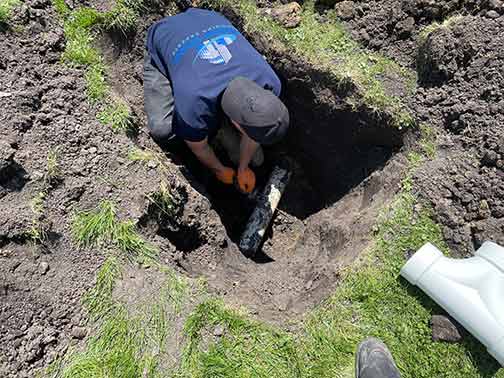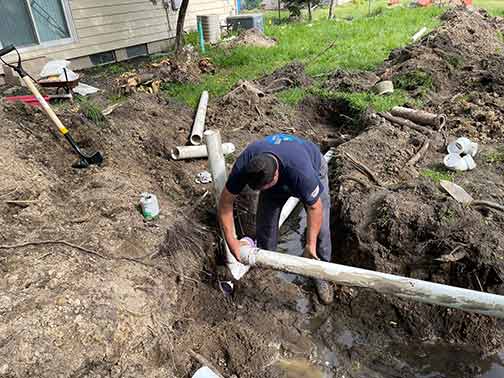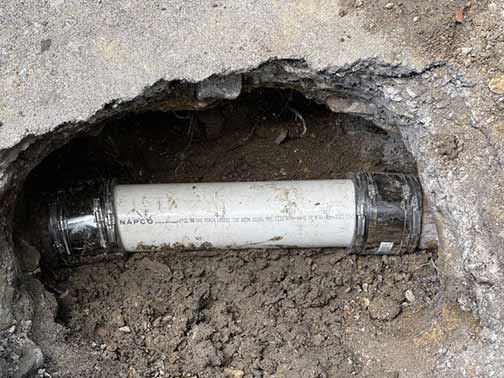If you’re a homeowner in Illinois, you know the importance of maintaining and improving your property. From updating the kitchen to landscaping the yard, there are many ways to enhance your home’s overall value. However, one aspect that is often overlooked but can have a significant impact on your property’s worth is the condition of your sewer lines.
Understanding the Importance of Sewer Line Replacement
Your home’s sewer lines play a crucial role in maintaining a clean and functional living environment. They are responsible for carrying waste and wastewater away from your home and into the municipal sewer system. Over time, these sewer lines can deteriorate, corrode, or become clogged, leading to various issues such as leaks, backups, and even sewage flooding.
Replacing older sewer lines is essential for several reasons:
Avoid Costly Repairs:
Older sewer lines are more prone to damage and blockages, which can result in costly repairs. By replacing them proactively, you can prevent the need for emergency repairs and minimize the risk of potential water damage or health hazards.
Ensure Proper Functionality:
Old, deteriorating sewer lines may not function efficiently, leading to slow drainage, frequent clogs, or foul odors in your home. Replacing them will ensure that your plumbing system works smoothly and prevents any inconveniences associated with sewer line issues.
Protect Your Home’s Foundation:
When sewer lines leak or burst, they can cause water to seep into the soil surrounding your home’s foundation. This can lead to foundation damage, including cracks and shifts, which can significantly decrease your property’s value. By replacing old sewer lines, you can avoid such structural issues and maintain the stability of your home.

By having updated sewer lines, you can instill confidence in potential buyers that they won’t have to worry about sewer-related problems in the future.
The Impact of Sewer Line Replacement on Your Home’s Value
Now that we understand the importance of sewer line replacement, it’s time to explore how this maintenance task can actually boost your home’s overall value.
Increased Buyer Confidence:
When potential buyers are assessing a property, they want to ensure that they won’t encounter any major issues after purchasing it. By having updated sewer lines, you can instill confidence in potential buyers that they won’t have to worry about sewer-related problems in the future. This can make your home more appealing and increase its market value.
Avoiding Negotiations or Price Reductions:
If your home’s sewer lines are outdated or malfunctioning, buyers may request repairs or demand a reduction in the selling price to account for the necessary replacements. By proactively replacing your sewer lines, you can avoid such negotiations and potentially sell your home at a higher price.
Enhancing Home Inspection Results:
During the home inspection process, any issues with the sewer lines can be flagged, leading to potential buyer concerns or requests for repairs. By replacing old sewer lines, you can ensure that the home inspection report is clear of major plumbing concerns, presenting your property as well-maintained and increasing its value.
Peace of Mind for Future Homeowners:
By taking care of sewer line replacement before selling your home, you provide peace of mind to the future homeowners. They can purchase the property confidently, knowing that they won’t have to deal with any sewer-related headaches or unexpected expenses in the near future.
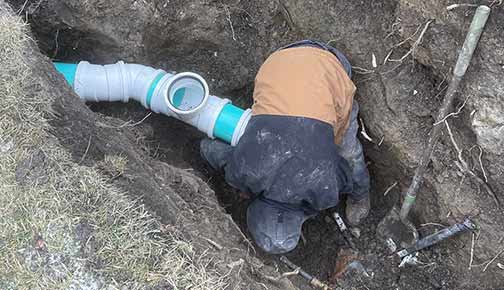
Traditional replacement involves digging up the old sewer lines and replacing them with new pipes.
Choosing the Right Sewer Line Replacement Method
When it comes to replacing sewer lines, homeowners in Illinois have several options. Here are a few common methods:
Traditional Excavation:
This method involves digging up the old sewer lines and replacing them with new pipes. While it is effective, it can be disruptive, time-consuming, and costly. It is often used when other methods are not feasible due to the location or extent of the damage.
Trenchless Sewer Line Replacement:
Trenchless methods, such as pipe lining and pipe bursting, are becoming increasingly popular due to their minimal invasiveness and cost-effectiveness. These methods involve creating a new pipe within the existing damaged pipe or bursting the old pipe while simultaneously replacing it with a new one. While we don’t recommend this form of repair and replacement, it is still an option.
Summing It Up
Ensuring that your sewer lines are in good condition is vital for maintaining your home’s value in Illinois. By proactively replacing older sewer lines, you can prevent costly repairs, ensure proper functionality, and protect your home’s foundation. Additionally, having updated sewer lines can increase buyer confidence, avoid negotiations or price reductions, enhance home inspection results, and provide peace of mind to future homeowners.
If you’re considering selling your home or are simply looking to maintain its value, don’t overlook the importance of sewer line replacement. Speak with a professional plumber to assess the condition of your sewer lines and determine the best course of action for your specific circumstances.
